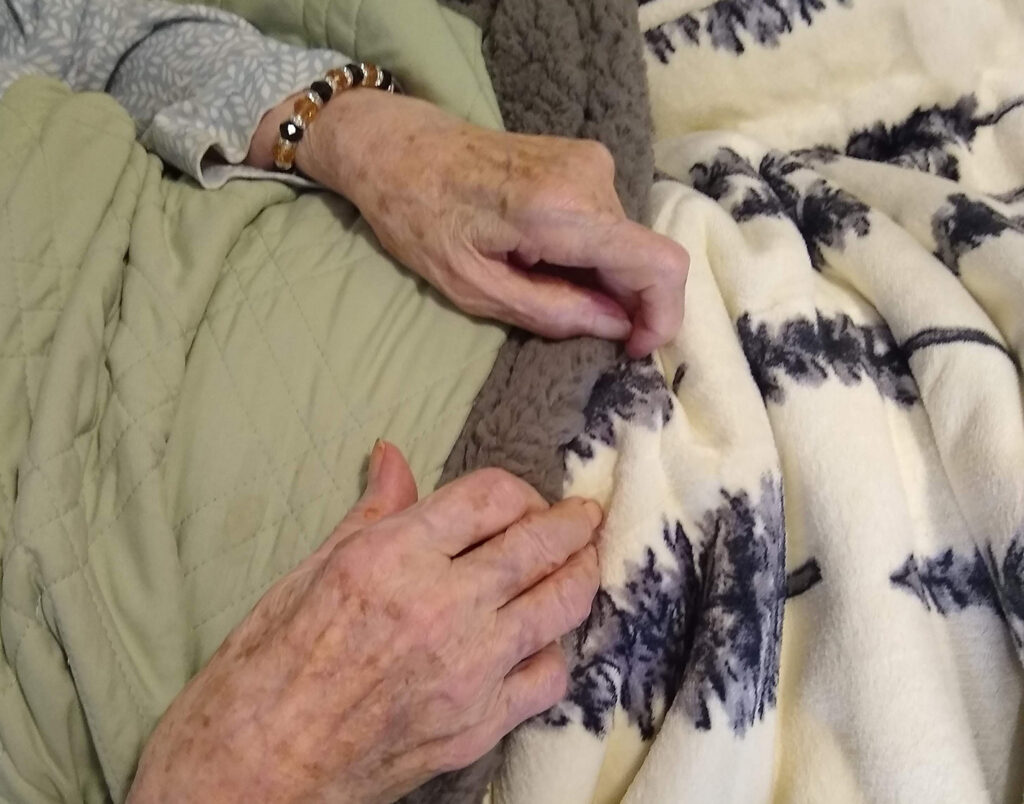NYSOFA, NYSDOH and Partners Present Four-Part Online Training Series to Help Overcome Health Disparities for Older Adults

Initiative supports New York’s commitment to age-friendly principles, urging all aging services providers to build programs and engagement efforts that respond to diverse community needs
The New York State Office for the Aging (NYSOFA), New York State Department of Health (NYSDOH), and Dr. Melicent R. Miller of Health Forward, LLC have partnered on a four-part self-directed learning series to equip providers with the tools to overcome health disparities among diverse populations of older adults.
Health Disparities in the Aging: A Four-Part Learning Series is part of a comprehensive effort to address disparities at all levels of aging services in communities across New York State, from program design to daily client interactions and engagement.
NYSOFA Director Greg Olsen said: “As a social worker, my code of ethics emphasizes social justice and respect for the inherent dignity and worth of people. Similar principles apply in other aging services disciplines that work to help some of the most vulnerable in our society. It is our duty to ensure that the services we provide reflect the communities we serve – and respond to their unique needs.”
He added: “NYSOFA is proud to work with our partners at the Department of Health and Dr. Melicent Miller on this training series, supporting New York’s pledge as the first age-friendly state in the nation through core principles of livability – among them social participation, respect, and inclusion.”
New York State Department of Health Commissioner Dr. Mary T. Bassett said: “Advancing equity across the aging population provides an important path toward optimal health for all. The Department of Health is pleased to continue its collaboration with NYSOFA and national experts in developing this high-quality training that will enhance existing efforts by both agencies to address health disparities and improve community environments for all New Yorkers.”
Dr. Melicent R. Miller, President and CEO of Health Forward LLC, said: “As a society, we have benefited from historical gains in life expectancy and health outcomes due, in part, to advances in medicine and public health and societal improvements. Unfortunately, these benefits have not been evenly distributed, and deeply rooted health inequities exist among subpopulations of older adults across race, gender, and geography. In order to advance equity, inclusion, diversity, and belonging, it is important to understand why health disparities and inequities exist. It was my absolute pleasure to work with NYSDOH and NYSOFA to develop a training program aimed at not only educating staff on critical aspects of the topic but also providing tangible examples of how they can develop and implement strategies to improve the health status of older adults in their communities through partnerships, outreach, and engagement.”
NYSOFA pointed to data on the growing diversity of older adult populations in New York, emphasizing the need for engagement efforts that reflect the diversity of communities. According to the 2017 American Community Survey, over 23 percent of the state’s total population is foreign-born, with 27 percent of the older-adult population being foreign born. From 2000 to 2010, the state’s minority population age 60 and over grew by 43 percent, compared to 8 percent for the non-minority population, according to U.S. Census data. Between 2020 and 2030, the growth rate for 60-and-over minority populations is expected to be 30 percent, compared to 5 percent for the non-minority population age 60 and over.
More About the Disparities Series
Health Disparities in the Aging: A Four-Part Learning Series consists of four mini-modules available for viewing here. It is supported by the U.S. Centers for Disease Control and Prevention (CDC) and the federal Building Resilient Infrastructure and Communities (BRIC) initiative.
Each of the self-guided mini-modules is approximately 20 minutes in length, equipping aging services professionals in all settings with knowledge and concrete strategies to address health disparities and meet the needs of the diverse older adults in their community. It is designed for all aging services providers and their staff, from individuals who directly interact with clients to organizational leaders who make important decisions about community services and supports.
Watch and Share the Training Modules
Module 1: Health Disparities in the Aging – An Introduction to Health Equity
Module 2: Health Disparities in the Aging – Health Equity, A Deeper Look
Module 3: Health Disparities in the Aging – Partnership
Module 4: Health Disparities in the Aging – Reaching Populations
About the New York State Office for the Aging
The New York State Office for the Aging (NYSOFA) continuously works to help the state’s 4.6 million older adults be as independent as possible for as long as possible through advocacy, development and delivery of person-centered, consumer-oriented, and cost-effective policies, programs, and services that support and empower older adults and their families, in partnership with the network of public and private organizations that serve them. Stay connected—visit the NYSOFA Facebook page; follow @NYSAGING on Twitter and NYSAging on Instagram; or visit aging.ny.gov.
About the New York State Department of Health
The mission of the New York State Department of Health is to protect, improve and promote the health, productivity and well-being of all New Yorkers. Our vision is for New Yorkers to be the healthiest people in the world, by creating communities that promote health and are protected from health threats, and by having access to quality, evidence-based and cost-effective health services.
About Health Forward, LLC
Health Forward is a public health consulting firm committed to increasing organizational capacity to improve health outcomes and eliminate health disparities through training, program development, project management, technical assistance, and evaluation. At Health Forward, we center health equity and multi-sectoral collaboration to empower and foster healthy, thriving communities for all.